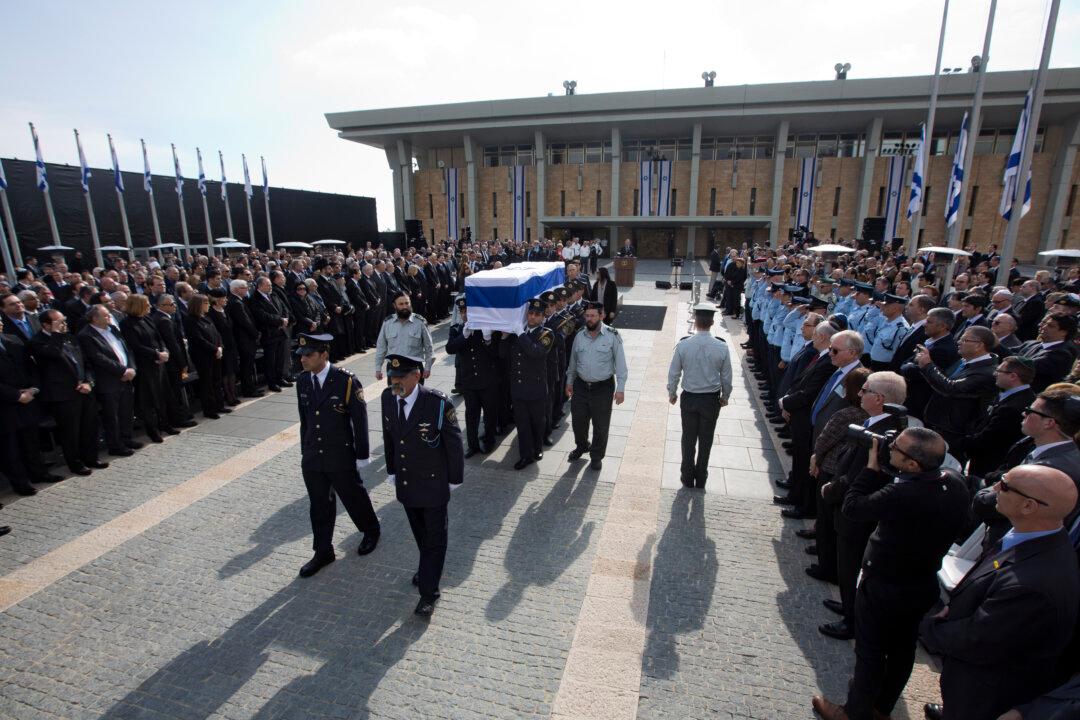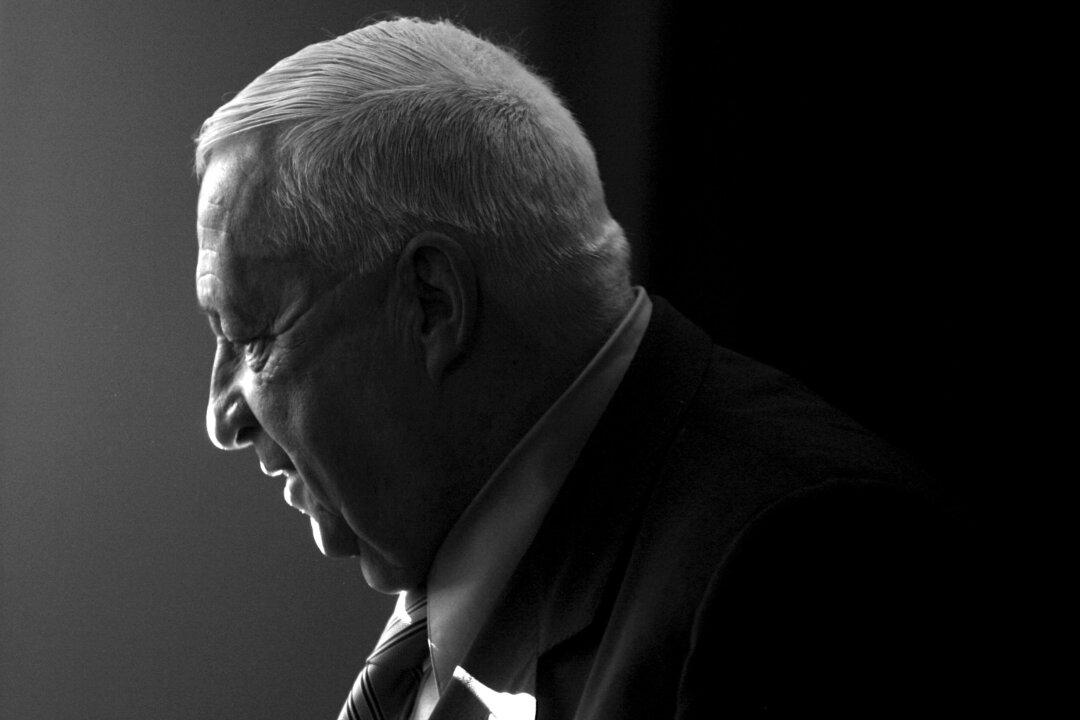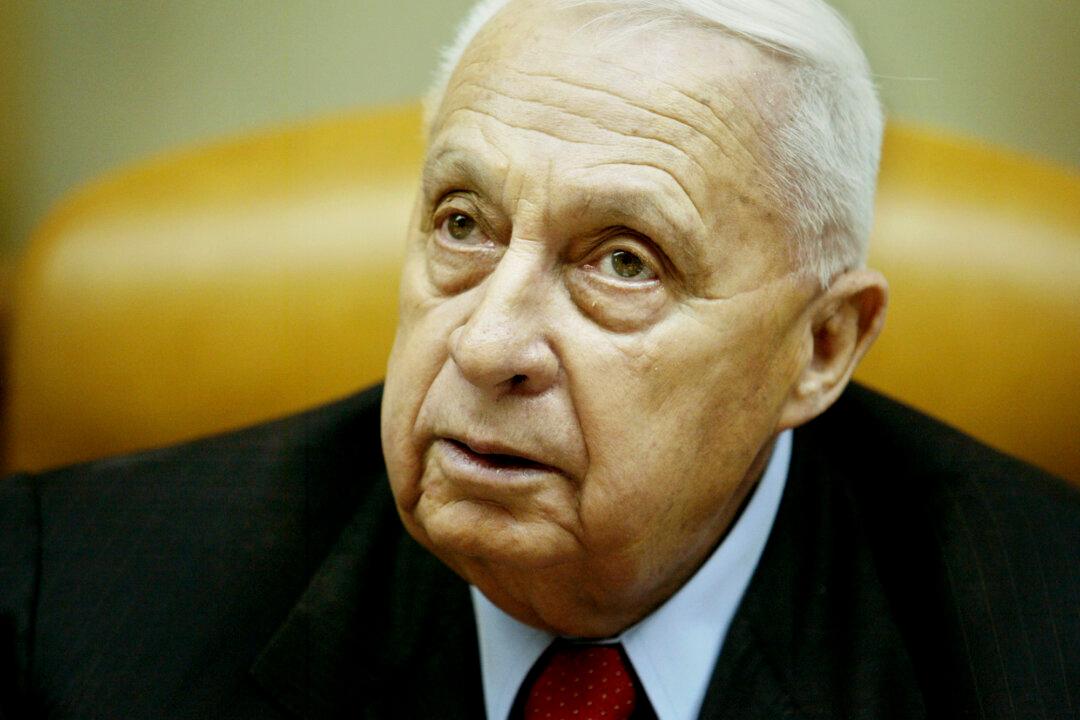For the past few decades, Israeli and Palestinian authorities have tried to achieve a peaceful coexistence but with little success. While politicians continue their negotiations, The Road to Recovery, (http://www.roadtorecovery.org.il/) a nonprofit humanitarian organization based in Israel, is connecting Israelis and Palestinians on a path toward mutual respect and peace.
Road to Recovery volunteers transport Palestinian patients, mostly children, from the West Bank and the Gaza Strip to hospitals in Israel for treatment. It was founded by Yuval Roth, an Israeli artist and carpenter living in the small city of Pardes Chana, Israel.
Every morning at different checkpoints in northern and central Israel, volunteers from The Road to Recovery wait for Palestinian parents and their children who need hospital treatment to come. The volunteers then drive the families to an Israeli hospital.
Hospitals in the Palestinian territories don’t have facilities with dialysis, chemotherapy, radiation therapy, or other expensive treatments, so children who need these specific types of care are driven to Israeli hospitals. The Palestinian government covers the cost of the treatment but they cannot provide transportation to the facilities because of Israeli law.
Palestinians are prohibited from entering Israel with cars and public transportation is unavailable. The only option before The Road to Recovery was for families to take taxis but they were too expensive for the average Palestinian family.
“At the beginning I took a taxi from the checkpoint to Rambam Hospital in Haifa. It cost me 400 shekels ($112), but I couldn’t afford it. So I had to tell my wife that we would have to stop the treatment,” Badiz’a Ahmed said with tears in his eyes. Ahmed is a Palestinian father of two, Karim and Hilad, who suffer from leukemia. He frequented the Rambam Hospital to get treatment and bone marrow transplants for his children. Worrying about future hospital visits, Ahmed asked other Palestinians how they commuted to the hospital. They simply gave him Roth’s telephone number.
Ahmed called Roth one day about getting a ride to an Israeli hospital. Roth replied with a quiet and tranquil voice, “OK, just tell me a few days before the treatment.”
“It’s been five years since I called Yuval for the first time, and I haven’t had a single problem getting to the hospital, even in the middle of the night,” Ahmed recalled. Karim and Hilad are now recovering from successful bone marrow transplants.
When asked if peace was possible between Israel and Palestine, Ahmed answered with a smile, “I don’t know if the leaders will achieve an agreement but between Israelis and Palestinians who really want peace, we don’t have to wait, peace is already here.”
From Anger to Recovery
In October 1993, two soldiers from the Israel Defense Army (IDF) hitched a ride home with three Hamas members dressed up as orthodox Hasidic Jews. The two were kidnapped and killed, one was Yuval’s brother, Udi Roth. Yuval felt anger not only toward those who had killed his brother but also toward his own leaders and himself as an Israeli citizen for not working for peace.
About a year later, a man named Yitzhak Frankenthal was on the radio talking about how his son, Eric, had been killed by Hamas. “I heard Frankenthal speaking on the radio about reconciliation and the need to break the cycle of violence. I felt like Frankenthal was speaking directly to me—about me and my pain,” explained Roth. At the end of the radio interview Roth called Frankenthal to express his solidarity.
In 1995, Frankenthal established the Parents Circle Families Forum (PCFF) (http://www.theparentscircle.com), a joint Palestinian Israeli organization of families who had lost loved ones in the Israeli–Palestinian conflict. At the time it was created, Roth was in no hurry to join the forum. “I wanted to be sure because I didn’t legitimately feel bereaved. Even today I do not think I should be treated specially for having lost a brother.”
Five years later, in 2000, Roth decided it was time to join PCFF. At one of the meetings, a Palestinian man asked Roth if he could drive his brother from the checkpoint to Rambam Hospital. Roth agreed and drove him a few more times. Roth’s Palestinian friend then asked him to take a patient to Hadassah Hospital in Jerusalem. Soon, word got out and the number of Palestinians asking Roth for transportation increased every day.
At the beginning, Roth recruited his brother and friends. Later, he created an electronic mailing list and more and more volunteers signed up. At first, the volunteers didn’t keep a record of their driving or their expenses. Each volunteer paid out of pocket for each trip to and from the hospital but this was becoming an economic burden for many of the volunteers who were retired and living off pensions.
It wasn’t until 2010 that the group of volunteers formally established The Road to Recovery as a nonprofit organization. The same year, it obtained its first significant charitable contribution from Rock and Roll Hall of Fame inductee Leonard Cohen. Cohen was performing in Israel when he met Roth and decided that his organization, Fund for Reconciliation, Tolerance, and Peace, would contribute to The Road to Recovery. This helped Roth reimburse his volunteer drivers for transportation costs they had incurred.
In 2010 Roth was recognize as one of CNN’s humanitarian heroes. (http://edition.cnn.com/video/data/2.0/video/world/2011/01/27/cnn.heroes.yuval.roth.cnn.html)
In 2012, the Nation magazine selected The Road to Recovery as 1 of 10 organizations worthy of charitable contributions.
On some occasions The Road to Recovery is able to cover medical expenses for the children they transport. In 2012 after several special fundraising campaigns, The Road to Recovery covered the costs of the extensive rehabilitation treatment for Mohamed Alfra, a 3-year-old amputee from Gaza. The same year, they also purchased a computerized voice translation system for Amal, a 7-year-old blind girl from Gaza.
In the Palestinian city of Jenin, Roth is known as “Yuval the Angel.” He spoke about an incident that forever cemented in his mind the need to stay on “the road to recovery.”
Once an IDF soldier wearing his military uniform crossed the Israeli–Palestinian border and got lost in Jenin. A crowd of Palestinians surrounded him and tensions were high. Luckily a Palestinian police officer saw the situation and saved the soldier from a likely lynching. The officer later said that his actions were in honor of Roth who had driven his brother to an Israeli hospital to receive medical care.
Roth wrote on the Road to Recovery website: “My brother’s death at the hands of Palestinians made it crystal clear to me: the need for adopting a ‘sane’ solution. Our way will stop the violence. Peaceful coexistence starts on the roads.”




